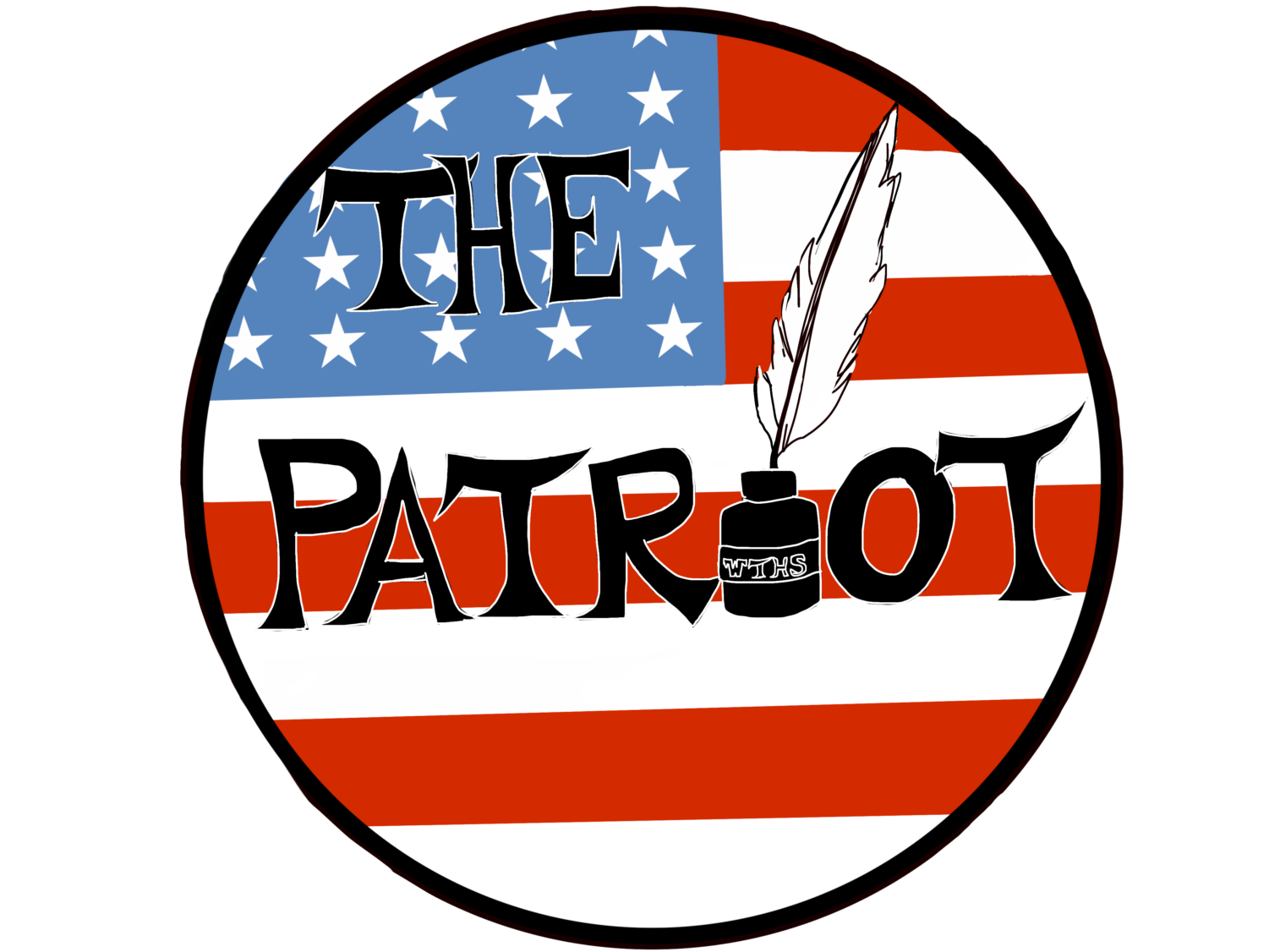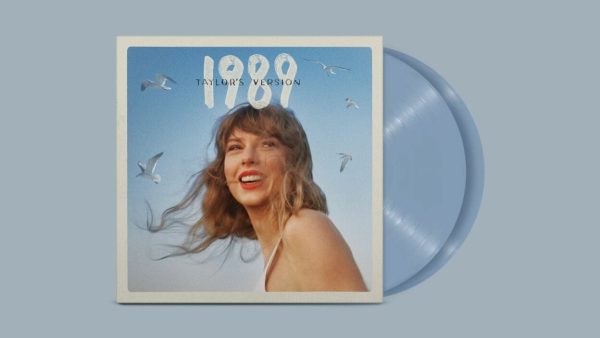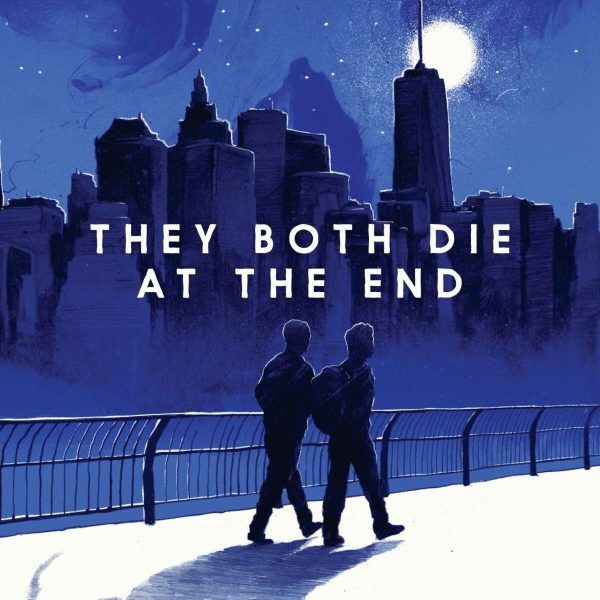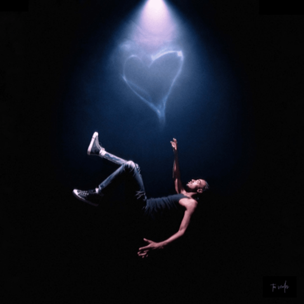Do people prefer sitcoms with laugh tracks or without?
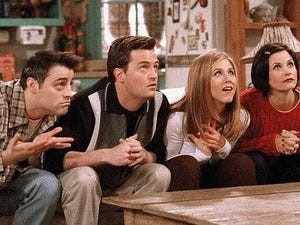
A scene from the hit sitcom “Friends”.
Sitcoms are a staple of modern television, with many of them being considered among the best shows of all time. Many of these sitcoms include “laugh tracks”. Laugh tracks are “canned” laughter that plays after a joke on the show. Although many of the most popular sitcoms such as “Seinfeld” and “Friends” use laugh tracks, many other popular sitcoms don’t include the canned laughter, such as “The Office” and “Parks and Recreation.”
The use of the laugh track originates back to 1946, when American sound engineer Jack Mullen was experimenting with a magnetophone, which is one of the earliest examples of tape recorder technology. The magnetophone was used on Bing Crosby’s radio show when he wanted to pre-record his shows instead of doing them live. Producers of shows that filmed in front of a live studio audience noticed many inconsistencies in the reactions, such as laughing too loud or at the wrong moment. Sound engineer Charley Douglass would use his signature ‘Laff Box’ to bring in pre-recorded laughter to points in the show that did not have the correct laughter from the audience. This creation dominated television from the 1950s to the 1970s.
The laugh track today is considered controversial, as many see it as a way for television program creators to tell the audience how to perceive a joke. Another reason people are against laugh tracks is because they make a show that is funny, feel dated. The goal of laugh tracks in most shows is to help the audience interact with the show; this was more prominent when shows would film in front of a live audience. In shows such as “The Office” or “Parks and Recreation” which have no laugh tracks, the audience is still connected through their “mockumentary” style. Many successful sitcoms without laugh tracks do not include the audience at all, such as “Brooklyn 99”, where the humor comes from the characters’ dialogue alone. With these shows in mind, the question is: Do people prefer sitcoms with laugh tracks or without them?
After surveying 15 people of varying age on what their three favorite sitcoms of all time are, the results revealed that shows with no laugh tracks were favored over shows that have laugh tracks. The top show chosen was “The Office” which six people chose to include in their choices. “The Office” had no laugh track; the show relied on the awkward silences and commentary alone for the episodes to be funny. The top chosen show that included laugh tracks was “Friends”. In “Friends”, each joke is followed by the laugh track.
Even though this data might indicate that people prefer the shows with no laugh tracks, that doesn’t mean shows with laugh tracks are bad, of course. This data shows that people prefer sitcoms without laugh tracks more than those with laugh tracks.
